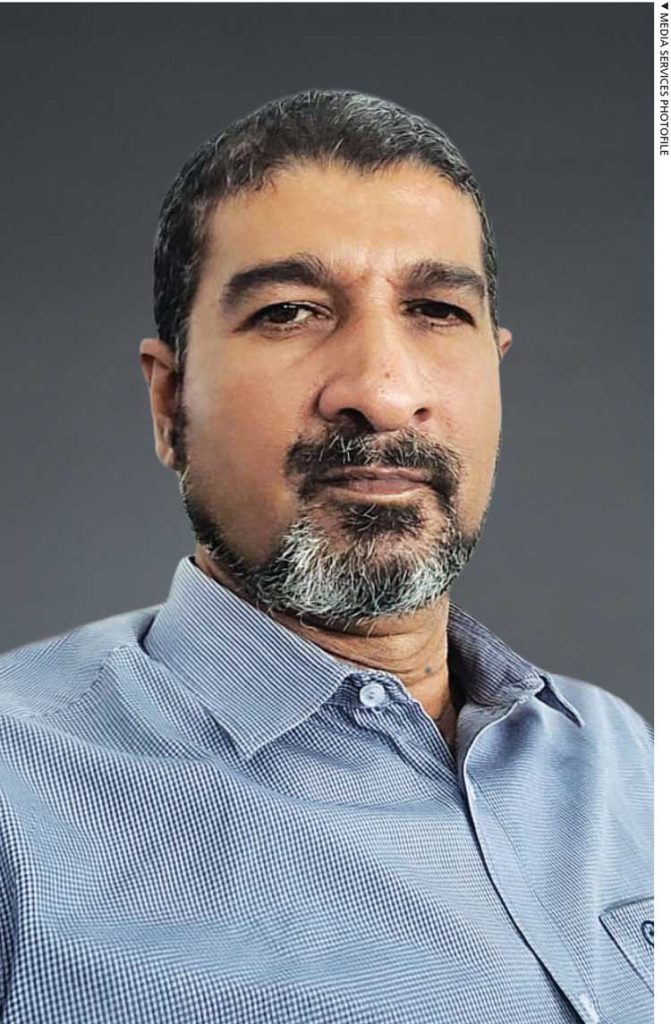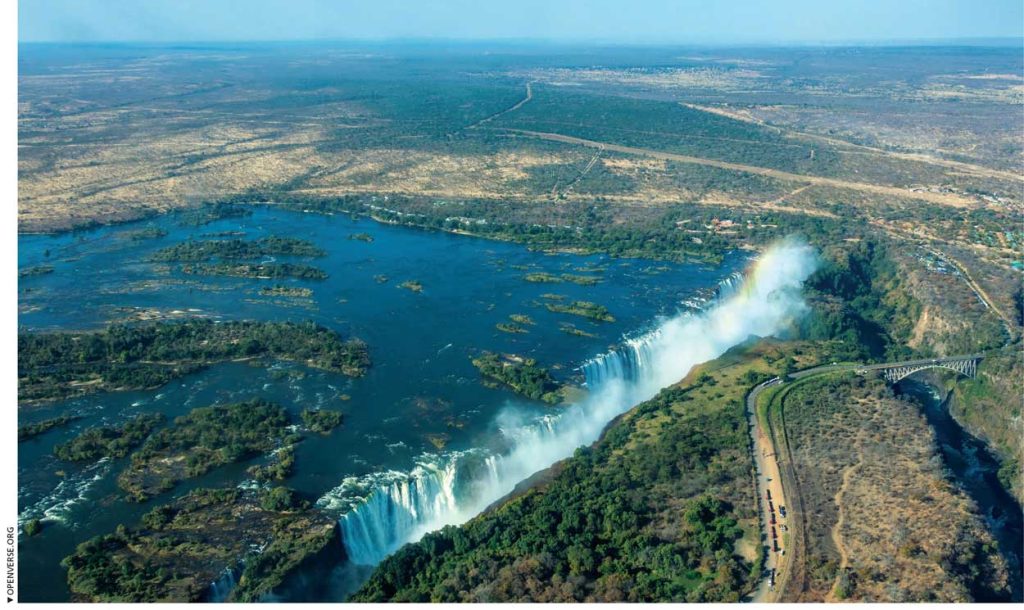Premil Miyanadeniya
Regional partnerships for tourism
Q: Could you list three favourite experiences or destinations in Zambia that you’ve featured in your digital content to date?
A: My favourite destinations are Victoria Falls, and South Luangwa and Lower Zambezi National Parks.
In my view, Victoria Falls being positioned as the largest waterfall on the planet is a unique facet of Zambia’s tourism strategy; it makes the country stand out from other destinations in Africa.
Apart from this, I aim to balance promoting popular tourist destinations with off the beaten path gems to showcase what Africa has to offer – i.e. through periodic travel to other distant destinations including countries in the region.

Q: In what ways do you collaborate with local businesses, tourist boards or other stakeholders to support the tourism industry in Zambia?
A: I work with Miss Tourism Zambia, Marriott Hotel Developments and social media groups (such as Explore Zambia on Facebook) to support Zambia’s tourism industry.
I’m also working on a project that is in the development stage – viz. a digital online platform that will facilitate bookings, payments and reservations in local and regional destinations. This application software will integrate with smaller accommodation and travel companies, and provide them with more exposure.
Q: So what took you to Zambia – and how would you describe living in a country with a different cultural background?
A: I travelled to Zambia with my mother and siblings in 1975. At the time, my father – who had left Sri Lanka a year earlier – was working in the Zambian civil service as part of the Ndola City Council. I was able to adapt well due to early childhood integration in schools as well as Zambia’s multicultural society.
Q: In your view, how does Sri Lanka’s tourism industry offering differ from that of Zambia?
A: Compared to Zambia, Sri Lanka has a larger market due to its religious, historical, cultural and seaside destinations, in addition to natural attractions and being a more central air travel hub.
Apart from this, the Sri Lankan diaspora visit the island regularly and form a huge customer base. This has helped kick-start the tourism industry following the COVID-19 pandemic.
Q: And how do you connect with the local expatriate community? Have you come across any common interests or challenges among Sri Lankans living in Zambia?
A: I get along very well with local expatriate and resident communities in the country. In fact, I served as the Chairman of the Zambia Sri Lanka Friendship Association in 2016/17.
We arrange annual events and regular get togethers with the Sri Lankan, expatriate and local communities. Moreover, we have organised many fundraisers over the past 40 years and supported local charities with an average annual fund allocation of US$ 20,000.
As for the tourism industry, with both countries being members of the Commonwealth, many norms are similar in terms of how tourist destinations are run and managed.
Q: Based on your work in Zambia, what advice can you offer Sri Lanka’s tourism strategists to up the ante?
A: Sri Lanka’s travel and hospitality sector is well organised.
As such, I believe that Sri Lanka’s tourism industry needs to partner with regional destinations as part of a shared package.
In addition to this, SMEs in the industry can be integrated into a digitalised platform online to benefit from more exposure.
Q: And last but not least, how would you describe your connection with Sri Lanka?
A: I see myself as a citizen of Sri Lanka, and travel there regularly to visit friends and family.
Sri Lanka’s tourism industry needs to partner with regional destinations as part of a shared package
FACT FILE
FAMILY
Three sisters (in Sri Lanka)
Two brothers (in Zambia and Australia)
Mother (in Sri Lanka)
SCHOOLING
Kansenshi Primary and Secondary Schools
International School of Lusaka
HIGHER EDUCATION
University of Zambia
University Cape Town
PRESENT OCCUPATION
Project Manager (Engineer)
COUNTRY OF RESIDENCE
Zambia
CITY OF RESIDENCE
Lusaka

CV IN A NUTSHELL
Premil Miyanadeniya moved to Zambia with his family in the 1970s at a time when the nation was surrounded by countries engaged in wars for independence. He draws inspiration from Zambia’s first president Kenneth Kaunda, who supported liberation movements.
As such, Miyanadeniya had a great deal of interest in the democratic changes that were taking place in the region and participated with activist groups in Lusaka for the liberation of South Africa. He also hosted Nelson Mandela in Lusaka, soon after his release from incarceration.
Miyanadeniya’s short-term aspirations include creating an international independent visa, which is presently in the conceptual stage, and a digitalised platform for managing SMEs’ online bookings and payments to travel destinations.
